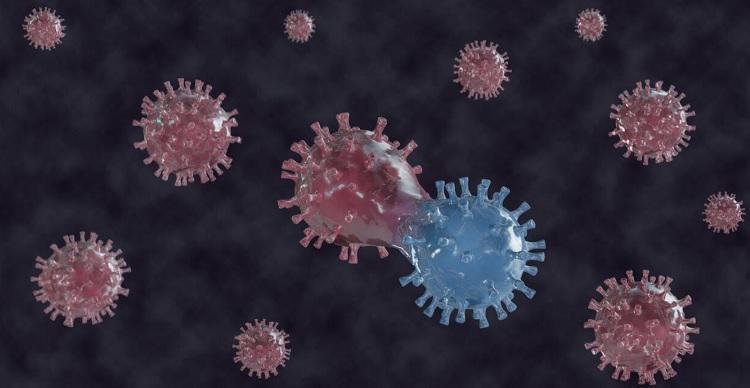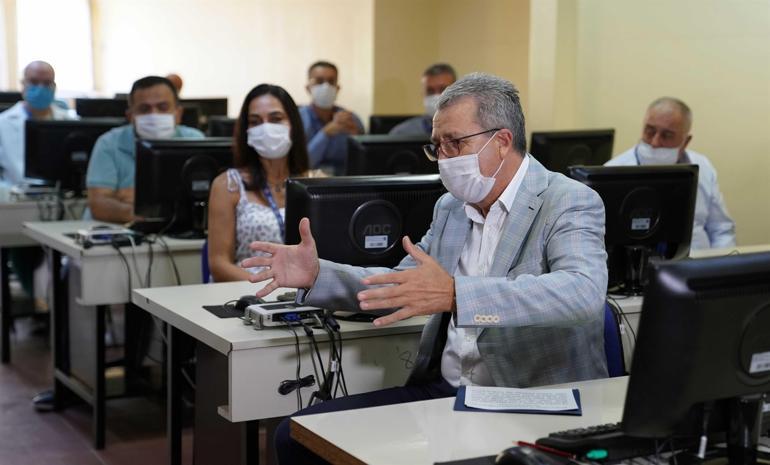
Alamy Photo
A group of Turkish researchers identified the most mutated genes of the novel coronavirus, said a Turkish university on Aug. 28.
Dr. Asli Suner Karakülah from the Medical School at Ege University in western the Turkish city of Izmir along with a group of experts from Izmir Biomedicine and Genome Center (IBG) carried out studies on the Global Initiative for Sharing All Influenza Data (GISAID), which included a total of 30,000 coronavirus genome data collected from patients in different countries.
In a statement, Karakülah said their research showed that the determined changes in the virus were not distributed on the virus genes at the same rate, as some genes of the virus changed more than others.
Noting how the changes over time in the coronavirus genome differ throughout the pandemic stages, Karakülah said the research team analyzed the mutations in the Spike protein and RdRp and Nsp14 genes, which play a role in the virus replicating itself.

“We anticipate that viruses carrying these mutations have a higher rate of propagation, and thus their infectiousness may be also higher. This allows us to predict the variability and possible infectious effects of the coronavirus,” she said.
She went on to say that if there are viruses carrying these mutations, the data will be able to provide warnings about contagiousness, like an early warning system.
If the viruses carrying mutations are found in hospital wastewater or swabbing samples in public transportation, Karakülah said, then it could be concluded that some of these viruses may be more contagious and spread faster.
Stating that their findings are based on statistical and bioinformatics analysis, she said: "We think that by integrating clinical data into these findings, the possible effects of mutations on the disease can be elucidated.